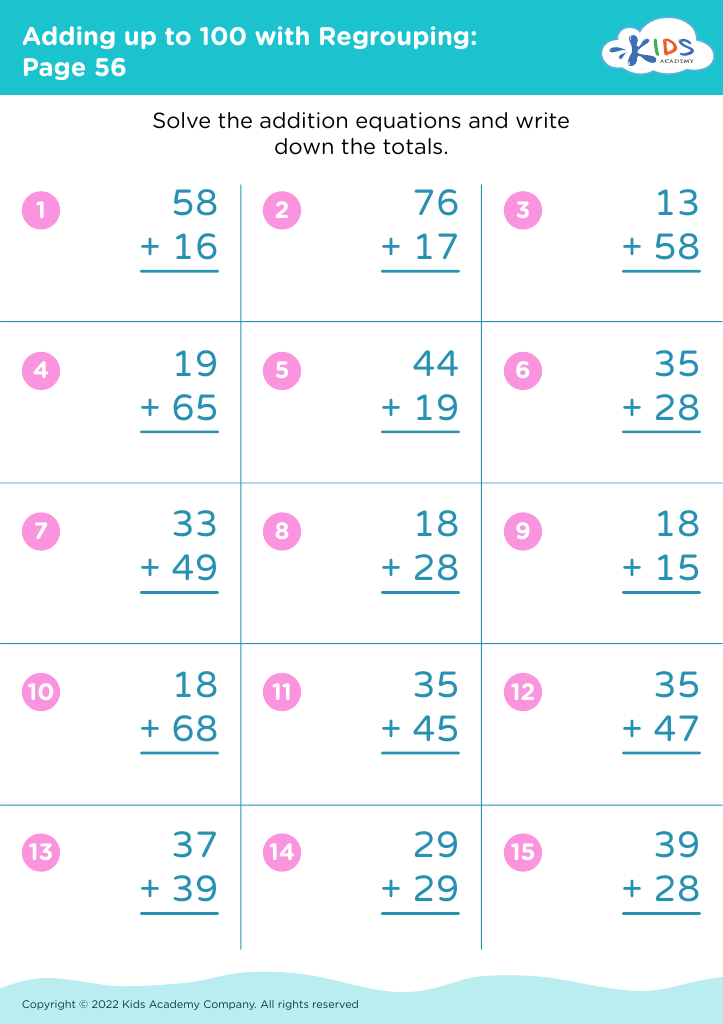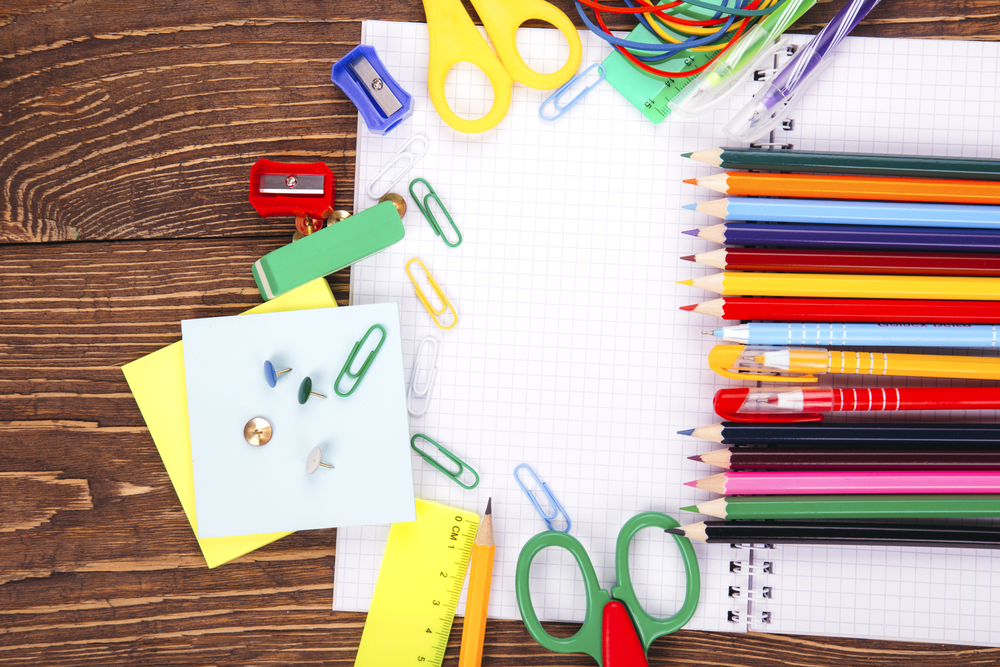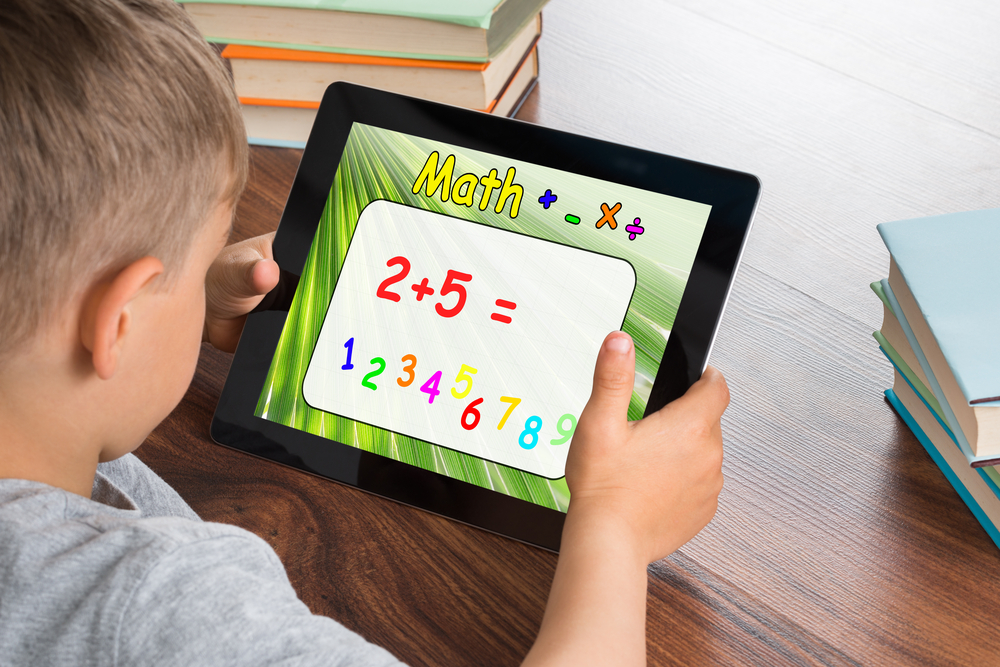Developing creativity Worksheets for Ages 6-9
3 filtered results
-
From - To
Unlock your child's imaginative potential with our "Developing Creativity Worksheets for Ages 6-9". Designed to inspire and engage, these worksheets foster artistic expression, problem-solving skills, and innovative thinking. From drawing and coloring activities that spark artistic talent to puzzles and creative writing prompts that challenge and amuse, each worksheet nurtures a love for learning. Perfect for both classroom and at-home use, our resources provide endless opportunities for children to explore their innate creativity confidently. Equip young minds with the tools they need to think outside the box, and watch their imaginations soar!
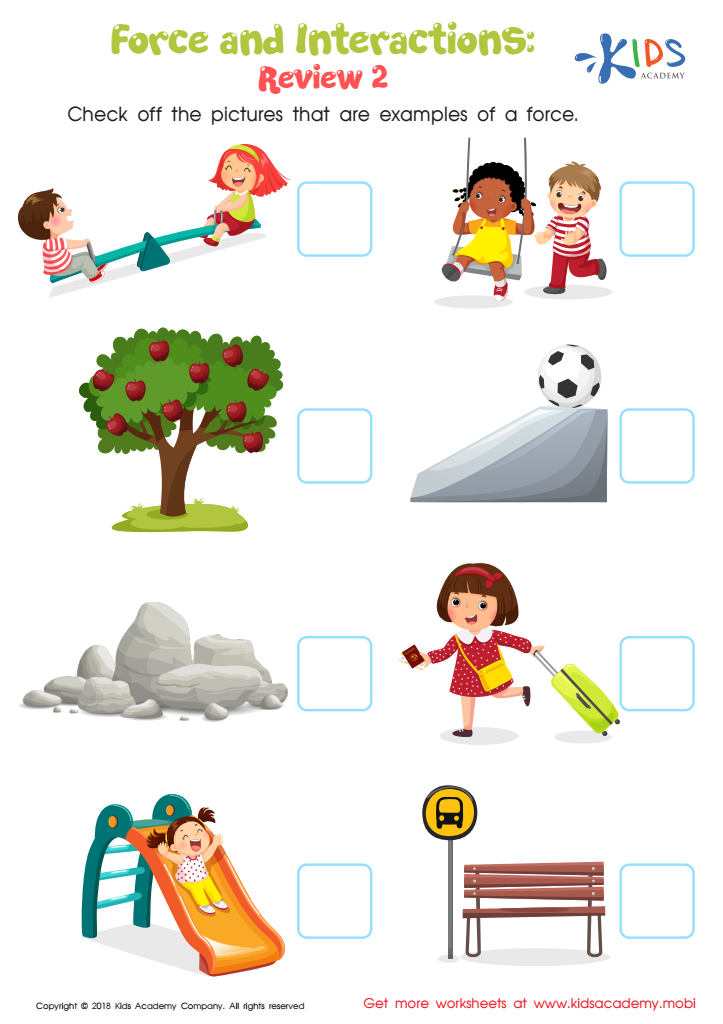

Force and Interactions: Review 2 Worksheet
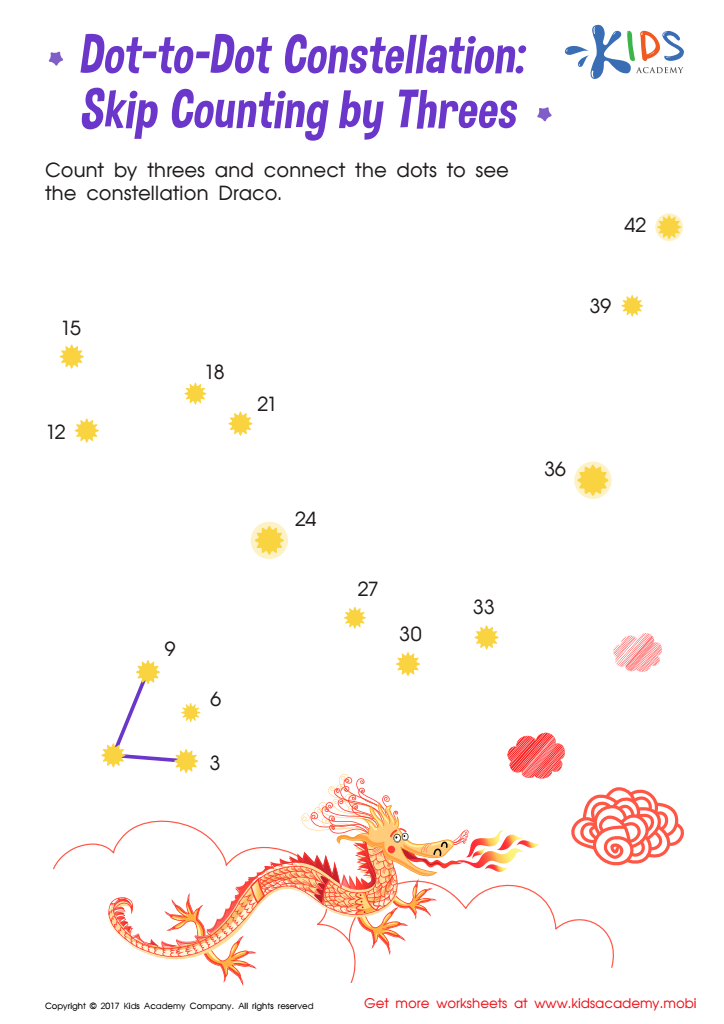

Developing creativity in children aged 6-9 is essential because it lays the foundation for numerous life skills that are crucial for their overall development and future success. At this age, children are starting to explore the world around them with more independence and curiosity. By fostering creativity, parents and teachers can help children develop problem-solving skills, which are invaluable in both academic settings and real-life situations. Creative activities encourage children to think outside the box, adapt to new situations, and come up with innovative solutions.
Moreover, creativity helps build emotional resilience. When children engage in creative processes, they learn to express their feelings, cope with difficulties, and manage stress. This emotional development is vital for forming healthy relationships and maintaining mental well-being.
In addition, creativity enhances cognitive development. Activities like drawing, storytelling, and imaginative play stimulate the brain, improving memory, attention, and critical thinking skills. These cognitive benefits support academic performances across all subjects, creating a well-rounded learner.
Encouraging creativity also promotes a sense of self-confidence and individualism. When children create something unique, they gain a sense of accomplishment, which boosts their self-esteem and helps them understand their own identity and strengths.
Therefore, nurturing creativity from a young age equips children with essential life skills, emotional stability, cognitive growth, and self-confidence, which are the building blocks for a healthy and successful future.
 Assign to My Students
Assign to My Students

